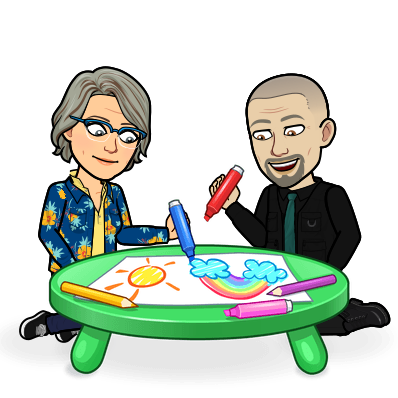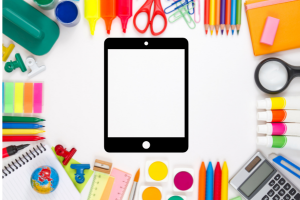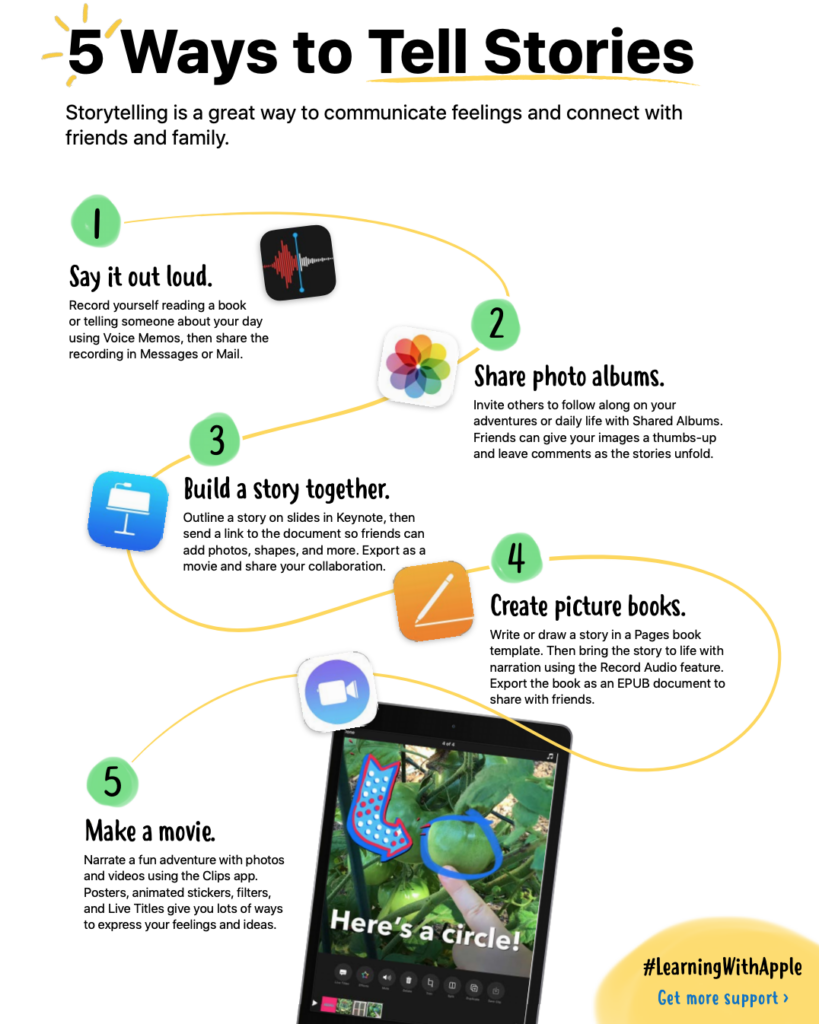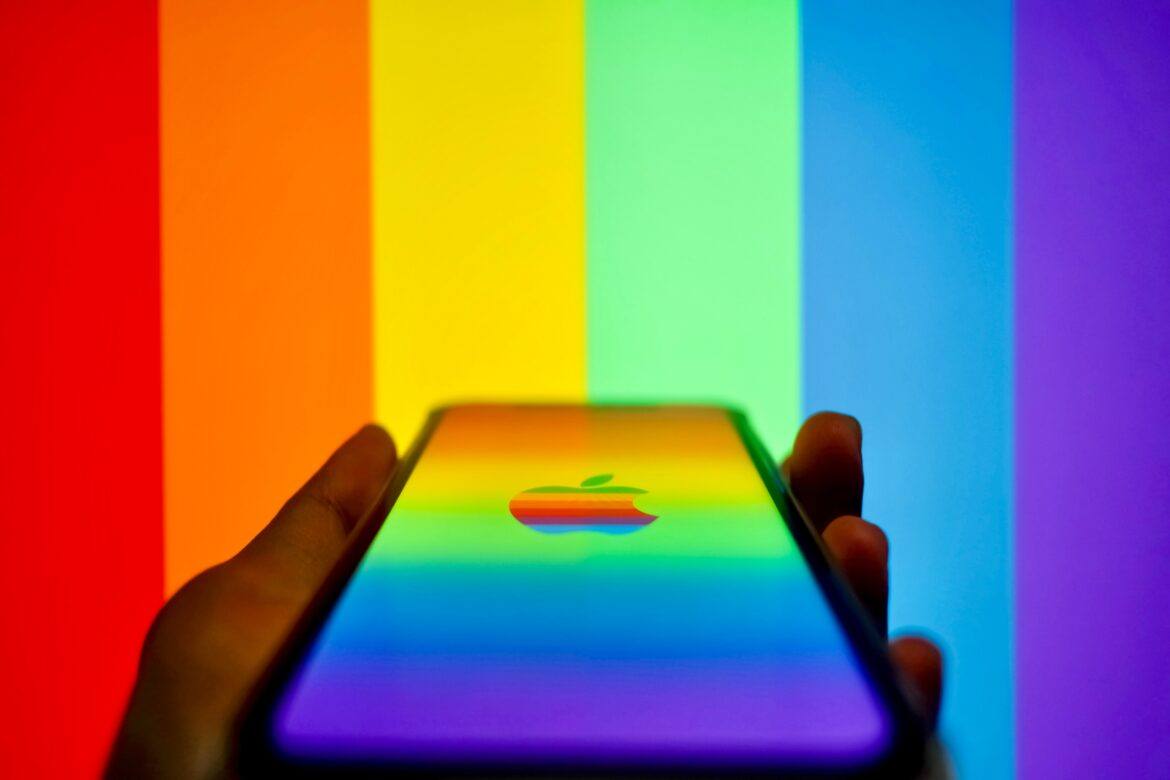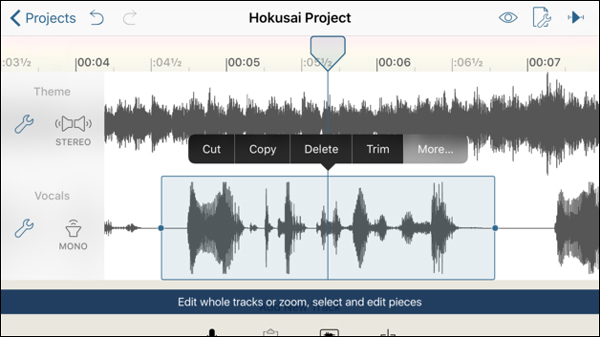Have you spent hours making a wonderful video on your iPad, then wondered how to get it to your computer to share? Or maybe, how to share a file you made on your computer with a class of students directly to their devices? As an educator, I’ve dealt with this challenge myself many times. I still recall when one teacher found herself struggling to move a recorded student interview video to her Windows computer from her iPad. The ability to share files between devices is crucial. Whether you’re a K-12 teacher sharing lesson plans or a college professor distributing research materials, having the right tools can make all the difference. These solutions change over time, so it’s worth taking a quick look at what’s available to get the job done.
Note: You may be saying, “Why can’t I use Google Drive, Microsoft OneDrive, or Dropbox to do this?” The answer is that while it’s often possible to do it that way, there are times it may not be. Or, transferring a file via cloud storage is undesirable. This blog gives you some quick alternatives you can use without cloud storage.
Let’s explore two free iOS apps that can simplify how educators transfer files between Windows 11 PCs and iPhones.
Vignette
Let’s take a look at a vignette that captures the situation for teachers:
Mrs. Thompson hurried into the teachers’ lounge, her arms full of papers and her laptop precariously balanced on top. “I can’t believe this,” she sighed, dropping everything onto the table. “I spent hours creating this amazing interactive lesson on my PC, and now I can’t get it onto my iPad for class!”
Her colleague, Mr. Chen, looked up from his coffee. “You know, Sarah, I had the same problem last semester. Have you tried using a file transfer app?”
Mrs. Thompson’s eyes lit up with interest. “A file transfer app? Tell me more!”
Mr. Chen smiled, pulling out his iPhone. “It’s a game-changer, really. I use this free app that lets me move files between my Windows laptop and my phone in seconds. No more emailing files to myself or dealing with clunky USB drives.”
Now that you have a clearer understanding, let’s take a look at two solutions. I have relied on both to great success. I’ll share my recommendation at the end of the blog entry.
Send Anywhere
Need to move a file (e.g. video, presentation file) to or from your iOS device? Send Anywhere, a free app, makes this a simple process.
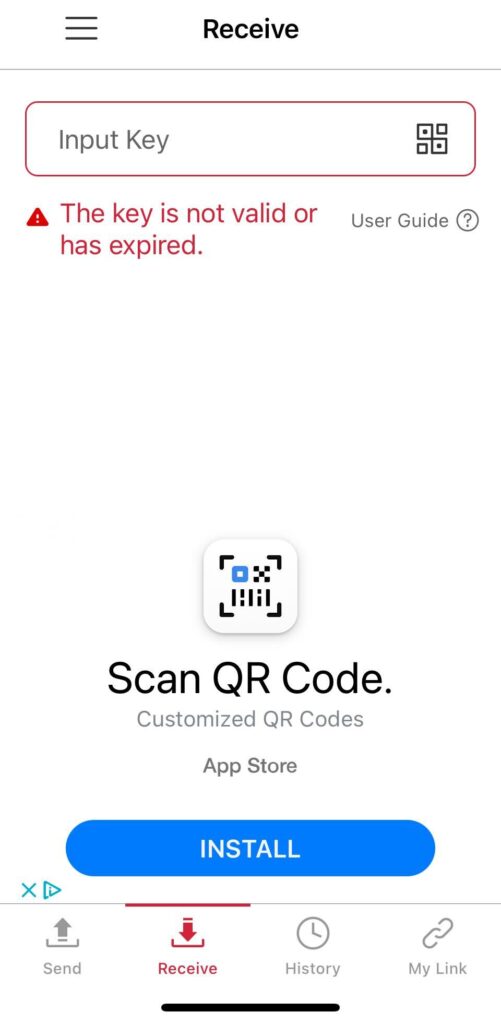
Key Features for Educators:
- No login required
- Supports large file transfers up to 50GB
- Uses a 6-digit security key for quick, secure transfers
- Generates shareable links that work for 48 hours
- Available for free for occasional transfers, but offers more features at a price
How Send Anywhere Works
Sharing from Computer to iOS Device
You can get going with Send Anywhere easily, but it may require permissions some classroom teachers lack on school devices. Let’s break the process down:
- Install the Send Anywhere app on your iOS device. This will allow you to send and receive files on that iOS device (e.g. iPhone, iPad)
- Send your email the download link for the Desktop (e.g. Windows, Mac, Linux) computer version of Send Anywhere. This is the step that some may be unable to execute if they have a district-managed computer.
- Scan the QR code the Desktop version of Send Anywhere generates with the iOS version of Send Anywhere. This will create a connection between your mobile device (e.g. iPad/iPhone) and the Desktop computer.
- Once the connection is established, the transfer occurs automatically.
Send Anywhere is quite straightforward to use, but has one caveat. That potential roadblock is installing a Desktop client on your computer. This makes it a great solution for a non-managed computer (e.g. home device).
Sharing from iOS Device to Computer
If you are trying to get that large video or file off your iOS device, you can use Send Anywhere to create a “Share link.” Creating the link will require setting up a free account through Send Anywhere using email/password or Google, Apple, Facebook, or Rakuten account. When I tried it, I relied on a personal Google account, although a Google Workspace for Education account works fine, too. I also had to confirm my email.
The steps involved to send a file included:
- Selecting the photo/video to share
- Tapping on SHARE LINK button (requires a Send Anywhere account be set up first)
- Copy the share link (expires in 48 hours)
- Sending the link via a convenient service (e.g. SMS/text, email) to yourself or someone else
Again, aside from that initial set up, the process is straightforward. Let’s take a look at one way it could be used:
Classroom Scenario:
Ms. Johnson, a high school science teacher, uses Send Anywhere to distribute lab reports to her students’ devices. “It’s so simple,” she says. “I just generate a code, and my students can instantly access the files on their phones or tablets. No more paper handouts!”
Now that you have learned about Send Anywhere, let me share another free solution.

File Transfer App
Need an easy-to-use solution that has file management features? An option that is super easy is the File Transfer App. In fact, after using it a few times, I decided to pay the one-time $4.99 fee for the app, even though it wasn’t necessary.
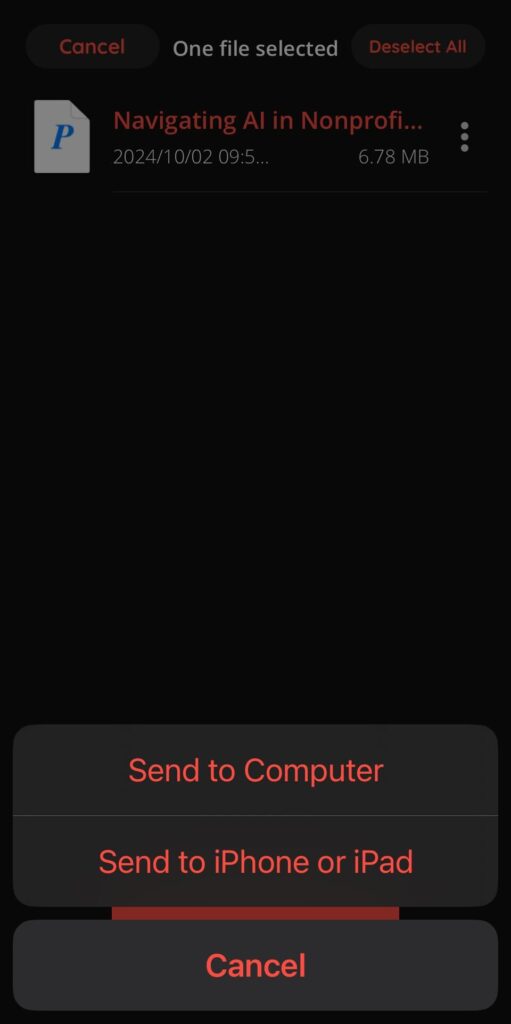
Key Features for Educators:
- Built-in file manager for organizing digital resources
- Ability to create and extract ZIP archives
- Preserves photo metadata during transfers
- Includes a music player with playlist support
I had a few videos on my computer modeling AI chatbot educational applications that I wanted to load on my iPhone for mobile viewing. Wow, what a super simple process.
Classroom Scenario:
Professor Garcia, a music theory instructor, utilizes the File Transfer App to share audio files with his students. “The built-in music player is a game-changer,” he notes. “I can organize playlists for different lessons and share them effortlessly with my class.”
iOS File Transfer Tools in Your Classroom
Here are some possible additional uses of iOS File Transfer Tools in your classroom. To be honest, I’ve had occasion to use file transfer tools for each of these purposes, and tools like File Transfer App make it so easy.
| Activity | Description | Grade Level |
|---|---|---|
| Digital Portfolio Sharing | Students transfer project files to create digital portfolios | 6-12 |
| Collaborative Research | Share research materials among group members | Higher Education |
| Paperless Assignments | Distribute and collect assignments digitally | K-12 |
Simplify iPad File Transfers
By adding these free file transfer apps into your mobile device toolkit, you can streamline your workflow. That could enhance collaboration in your classroom. Whether you choose Send Anywhere for its features or File Transfer App for its ease of use and simplicity, both options offer powerful solutions.


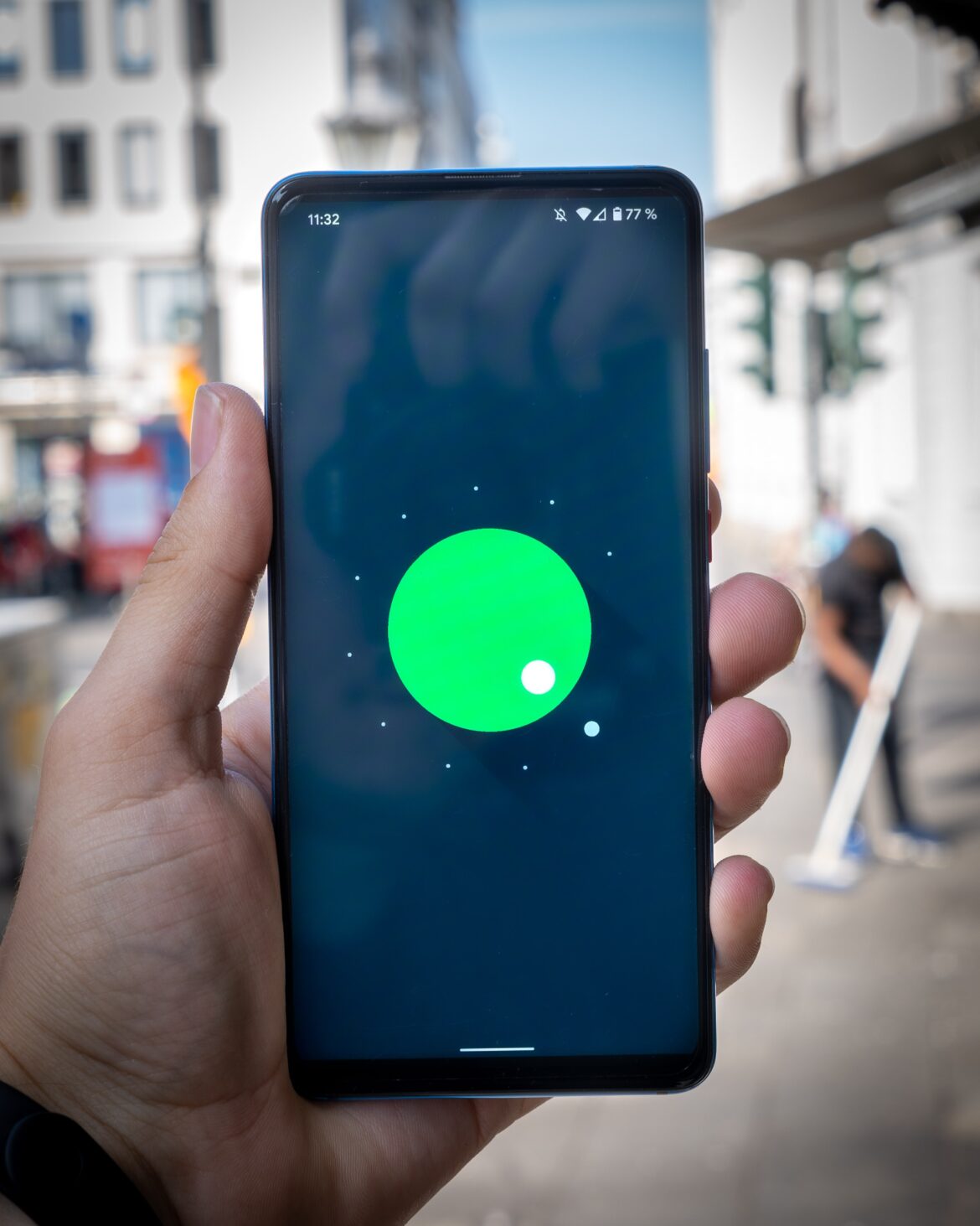
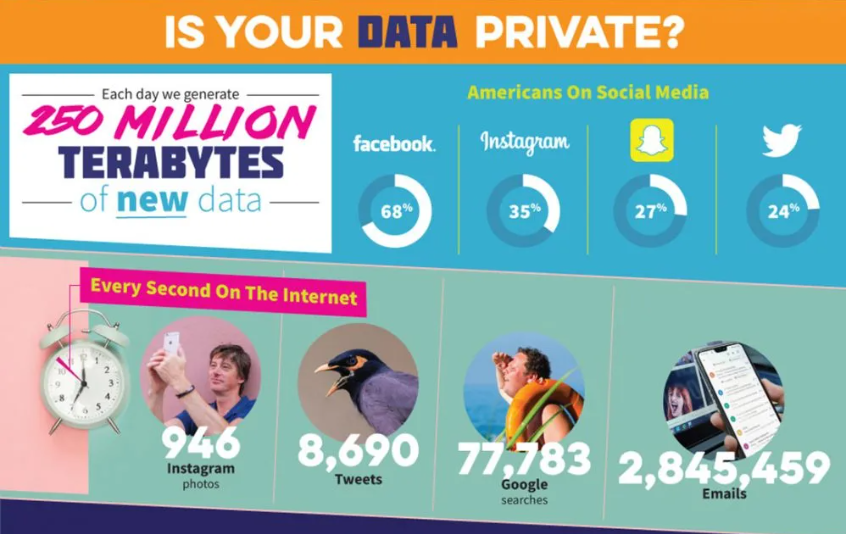
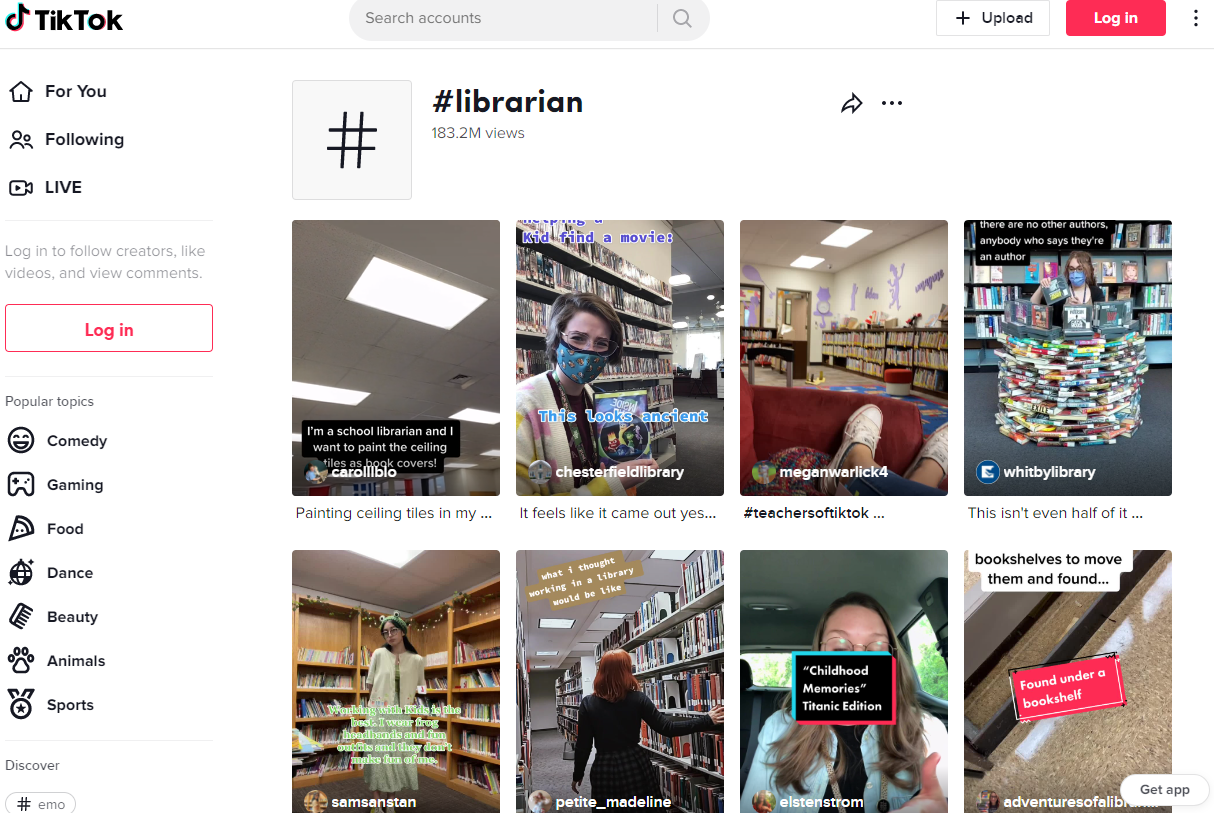
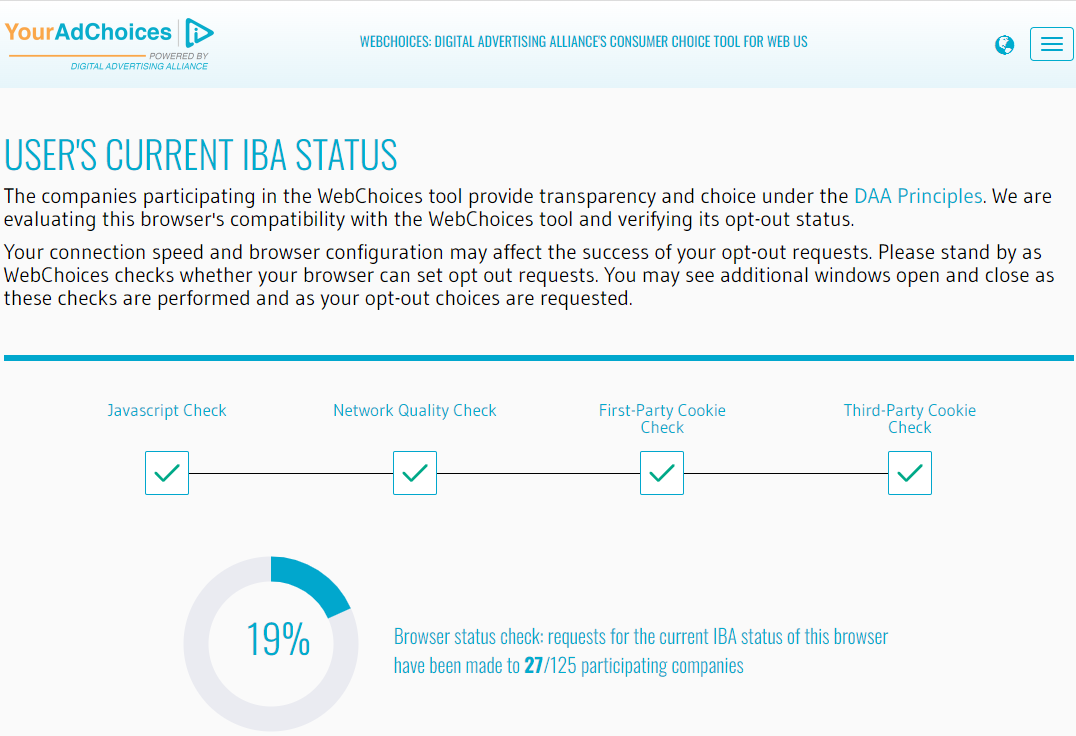
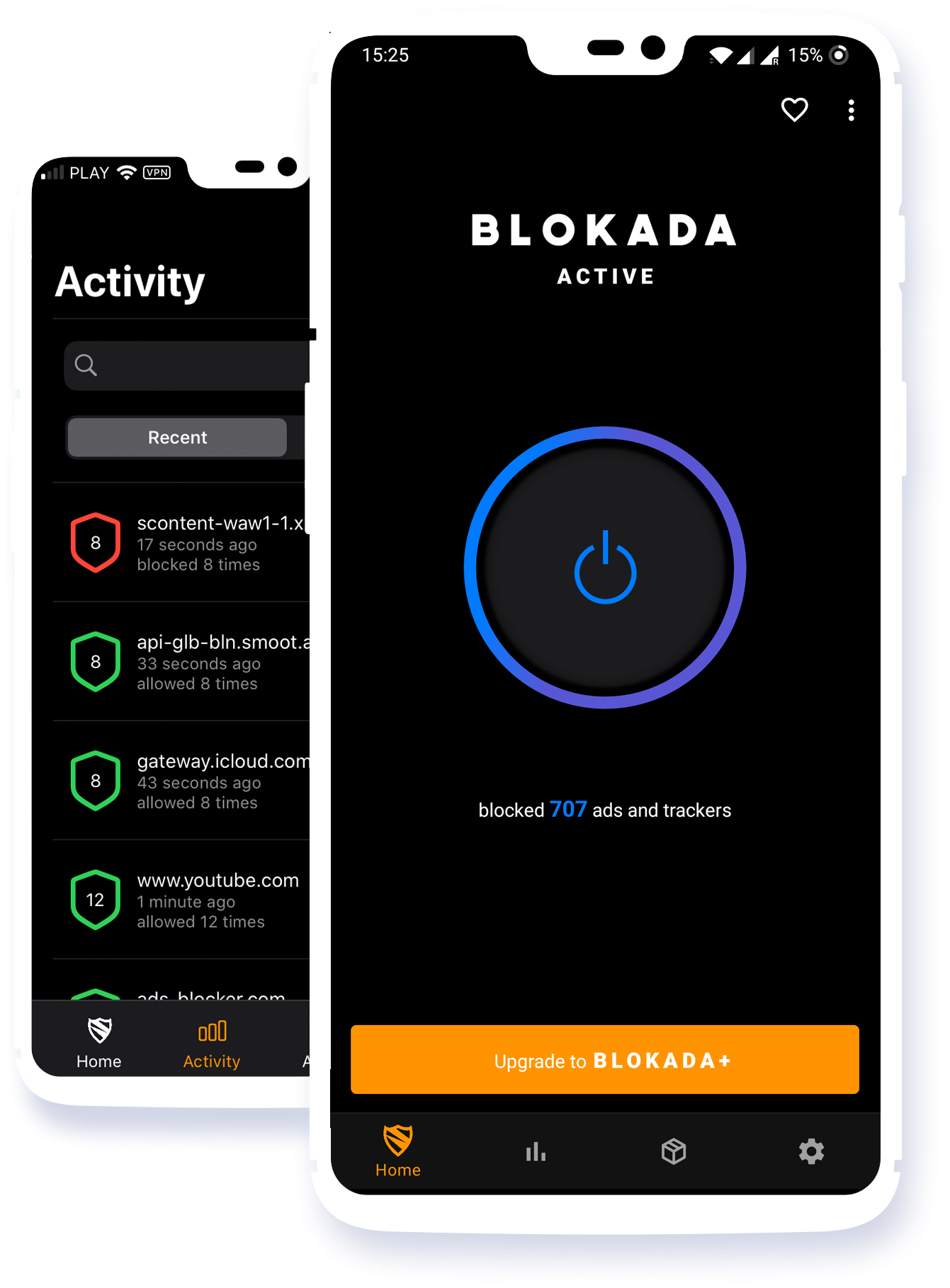
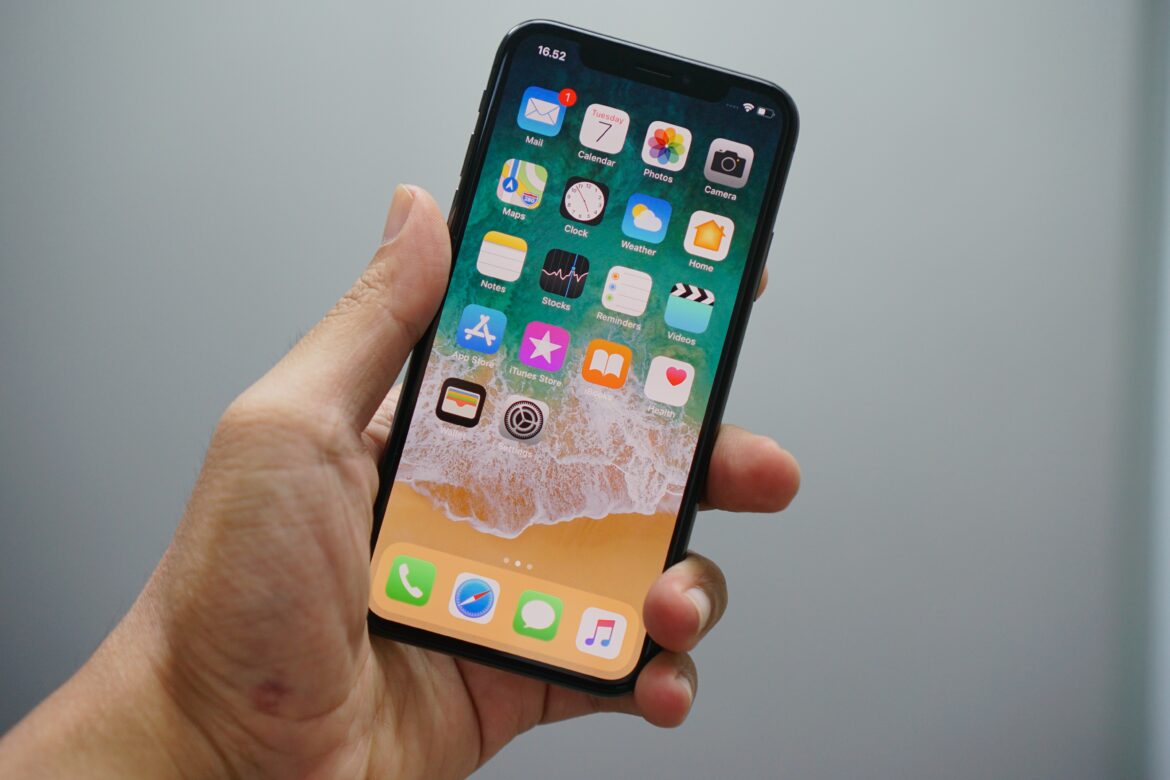
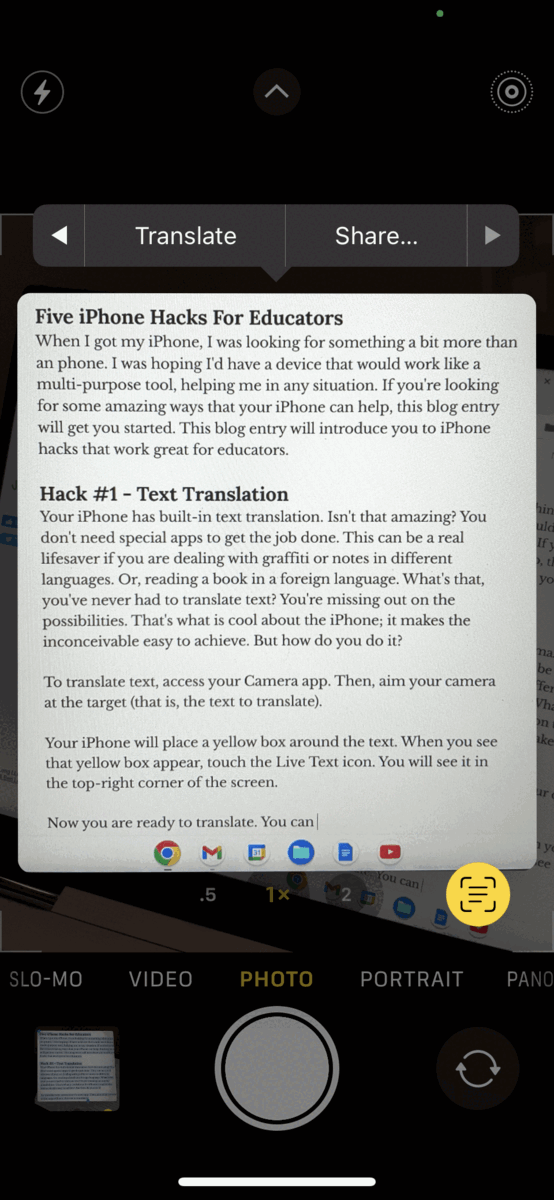
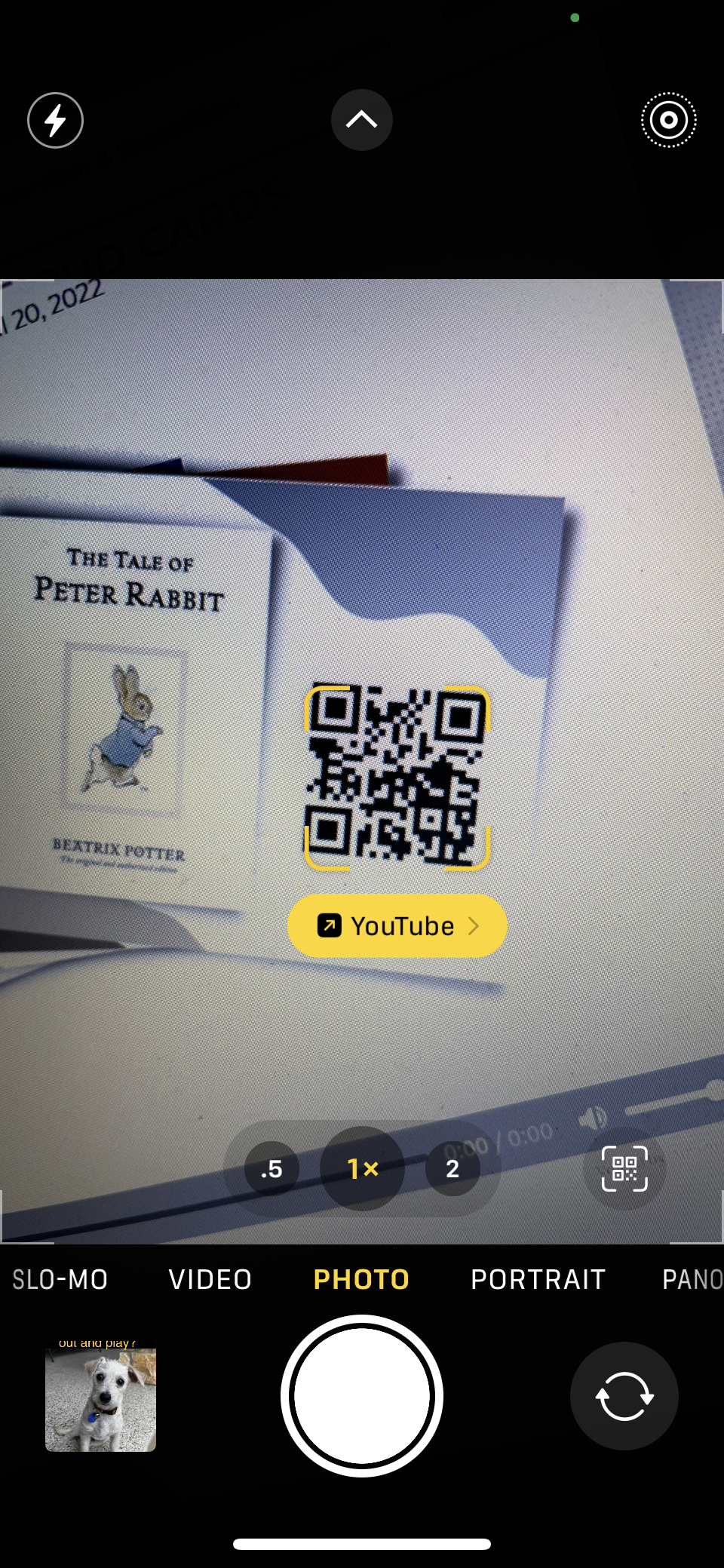
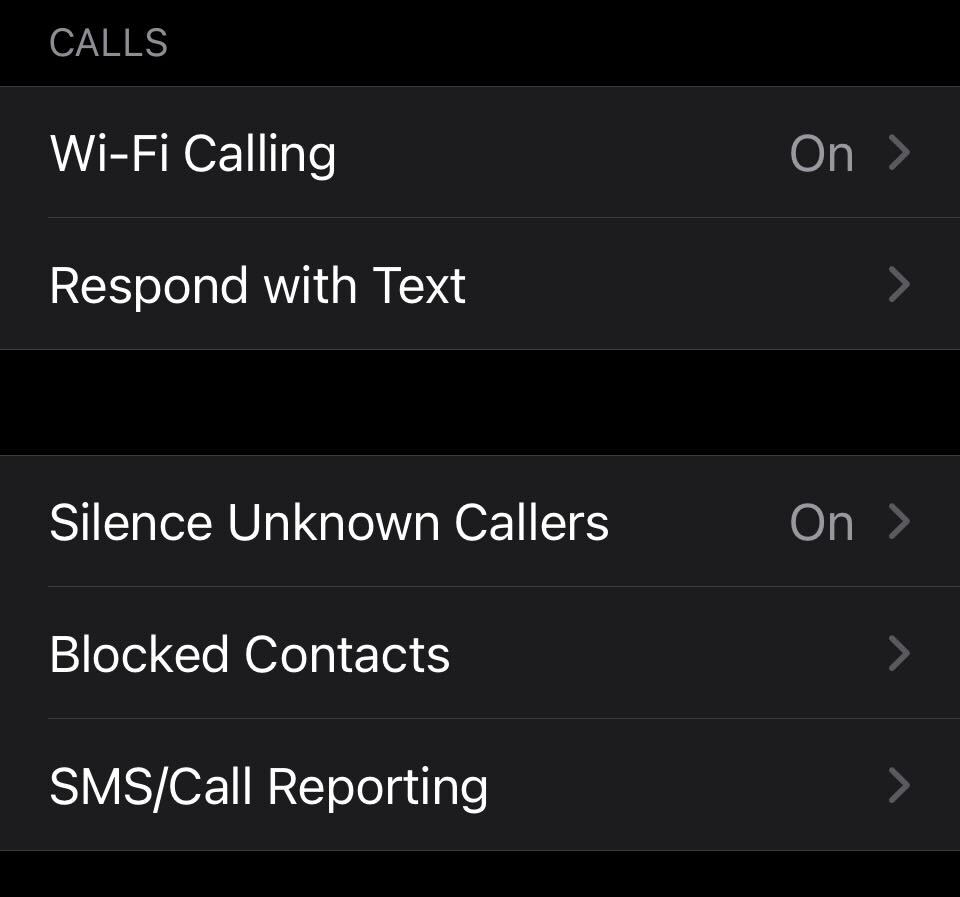
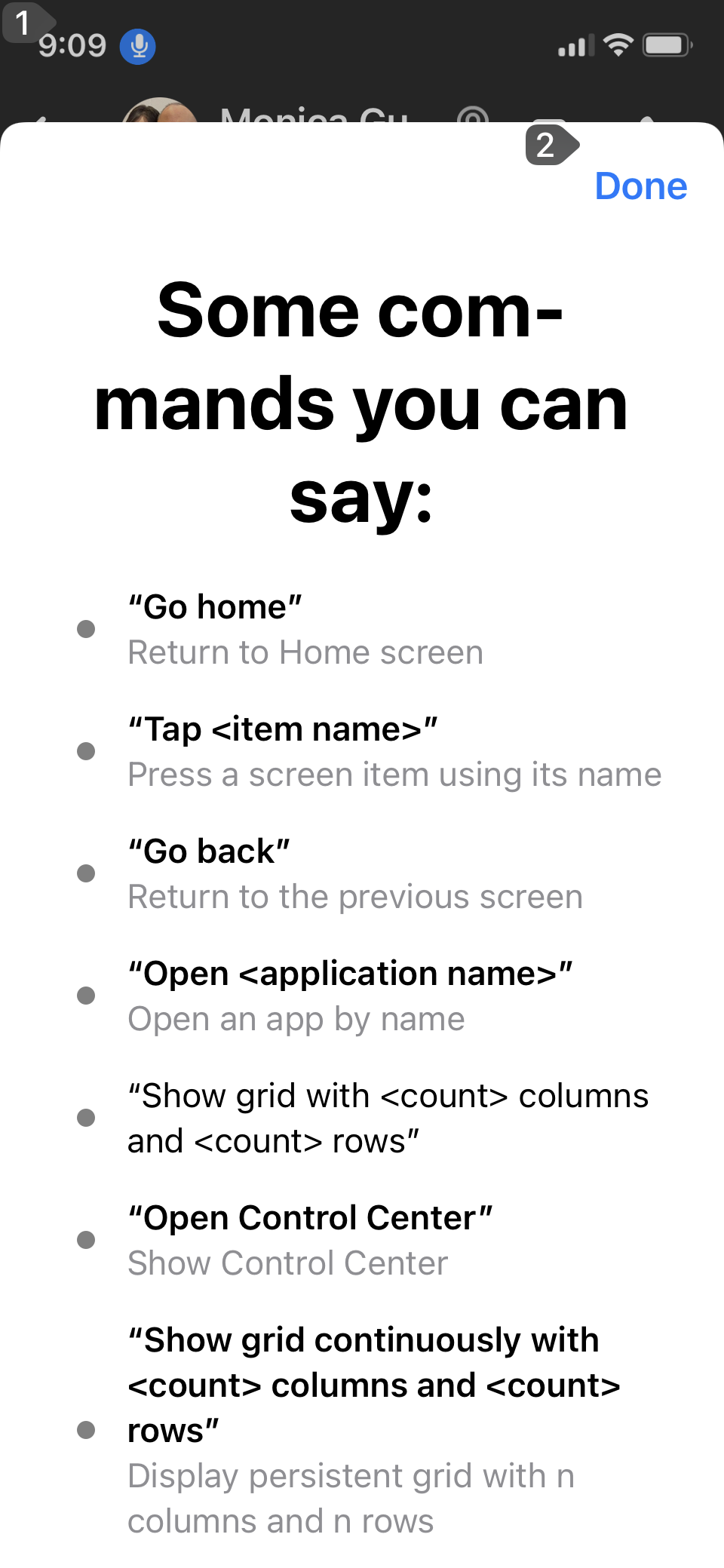
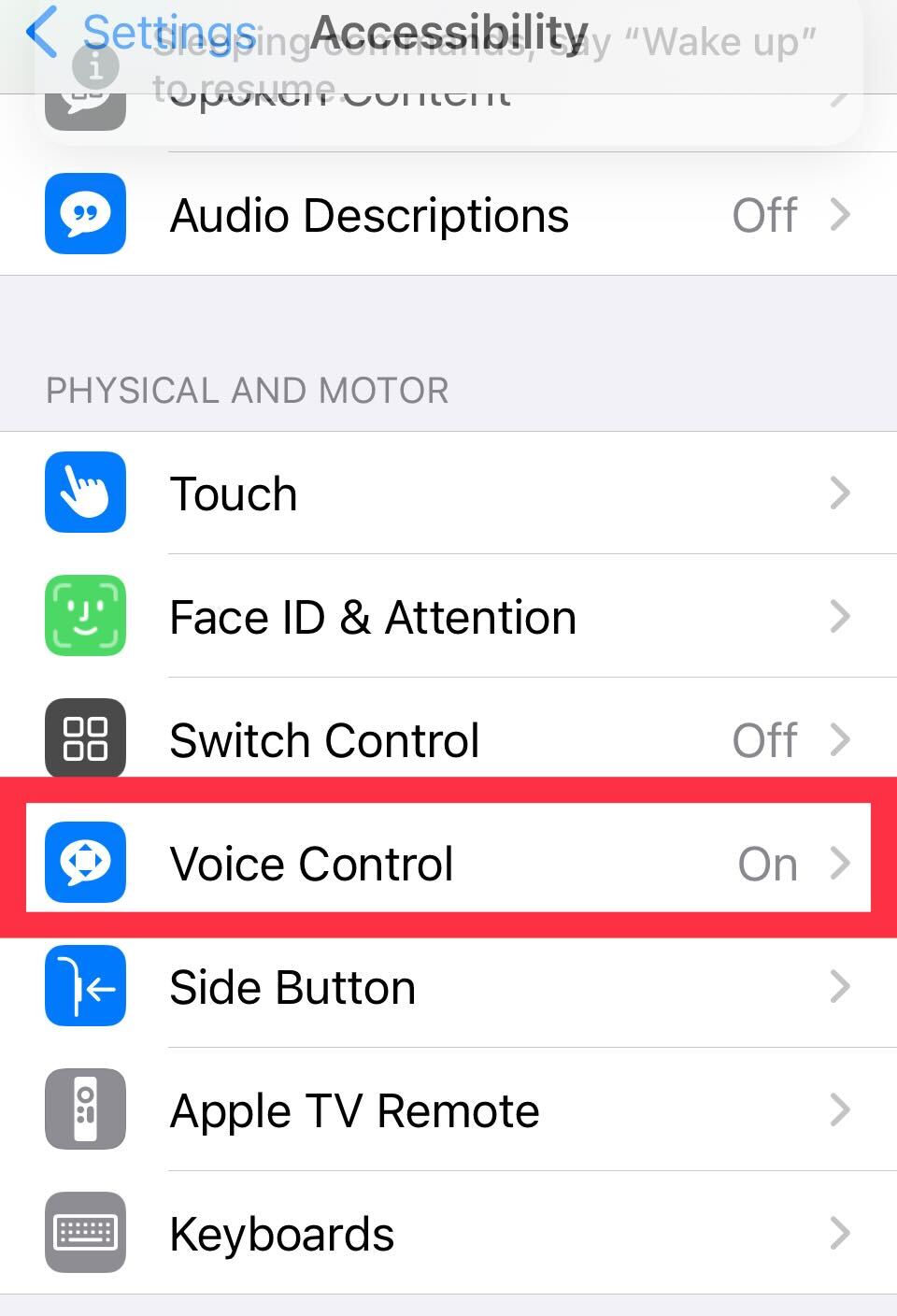
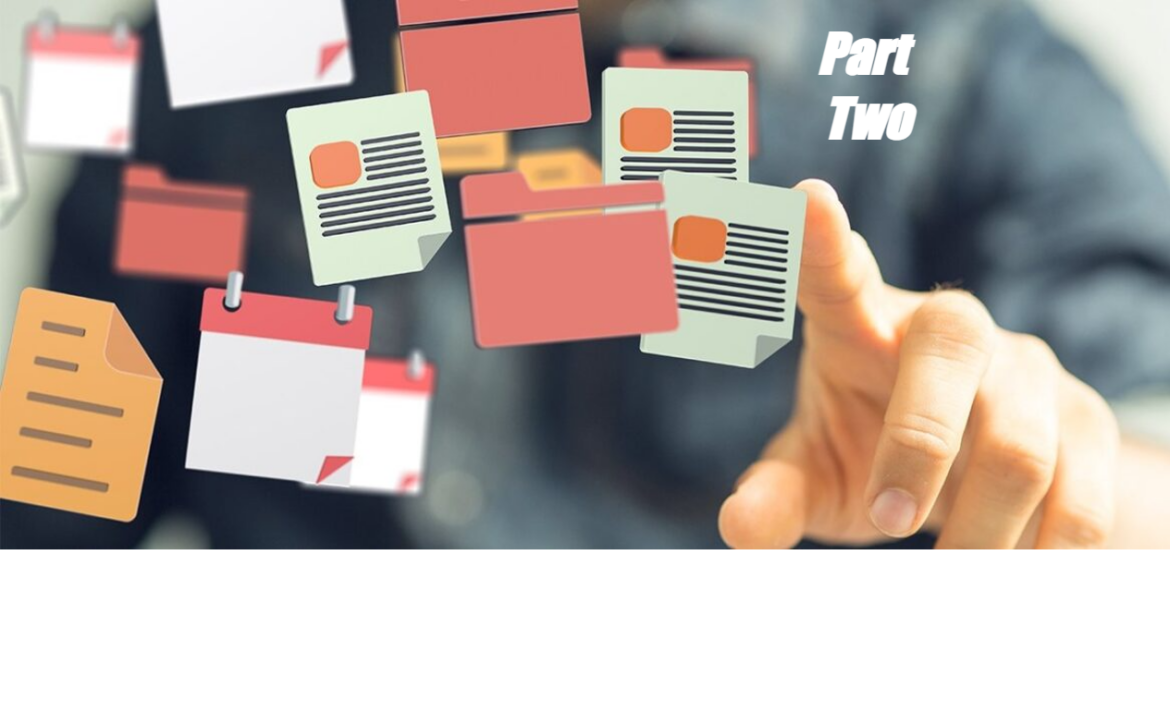
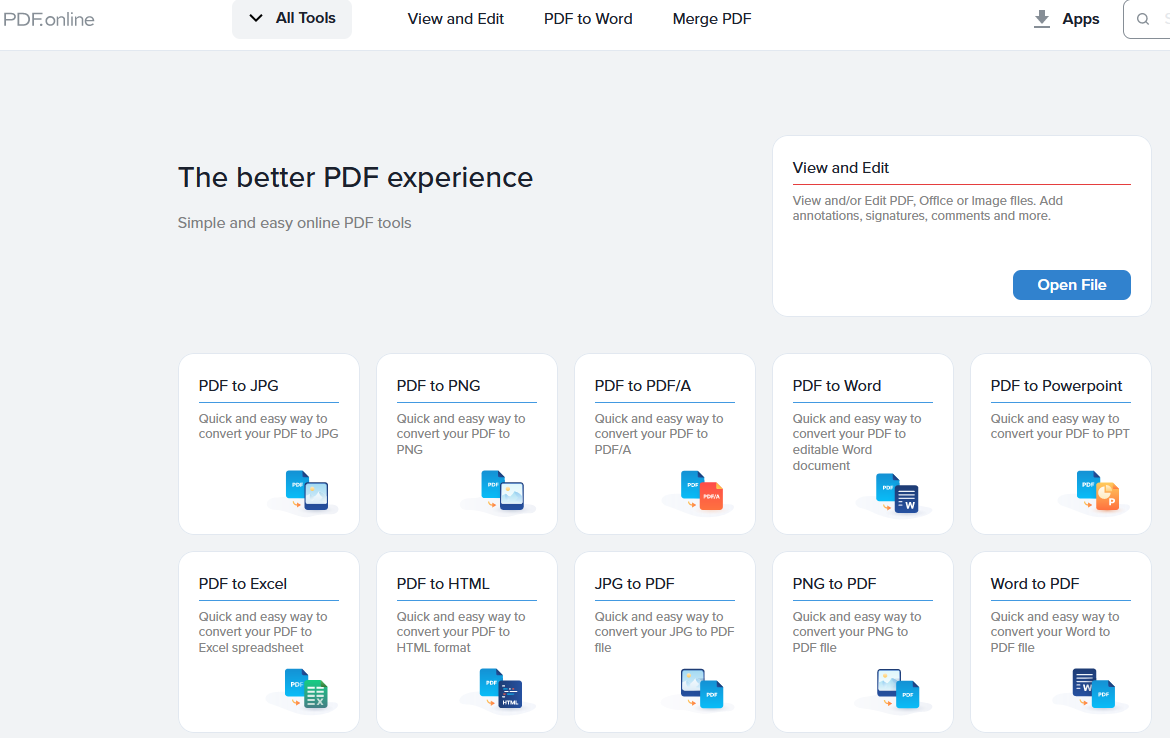

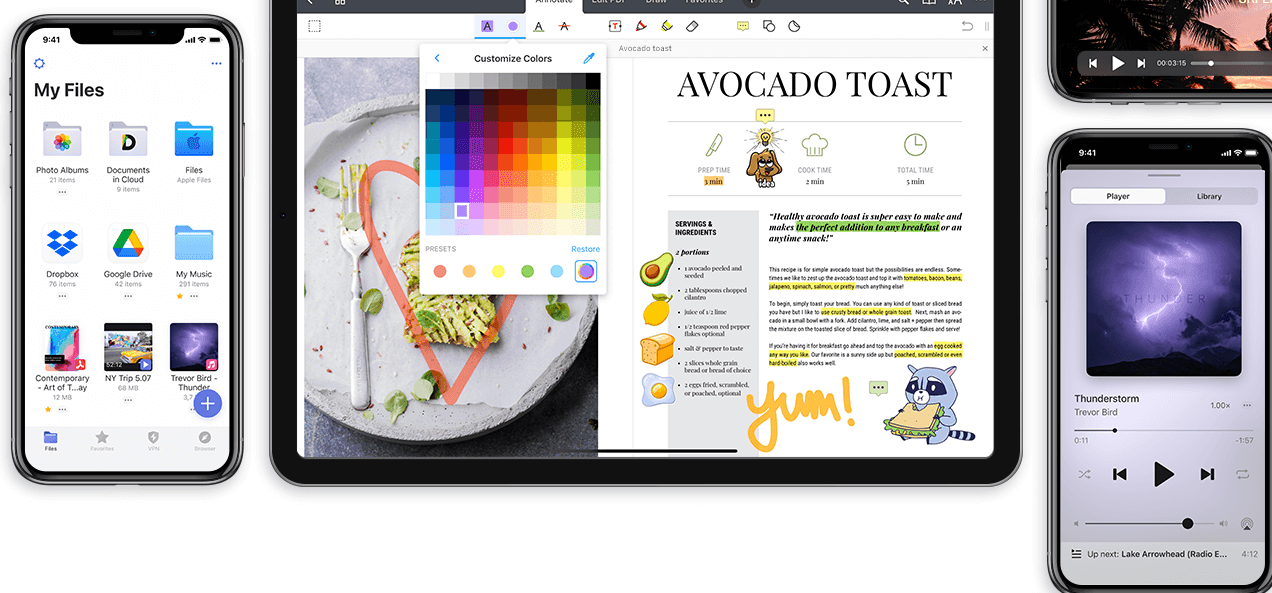

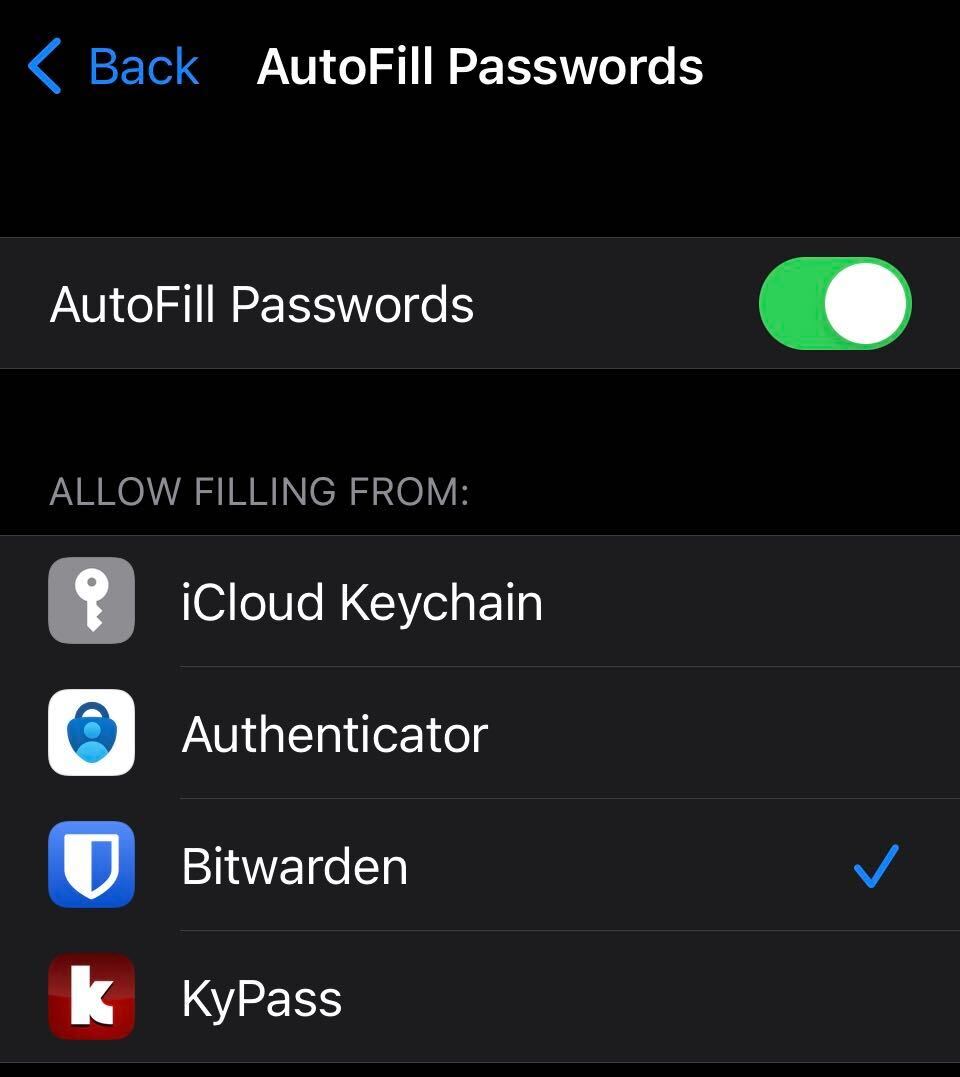
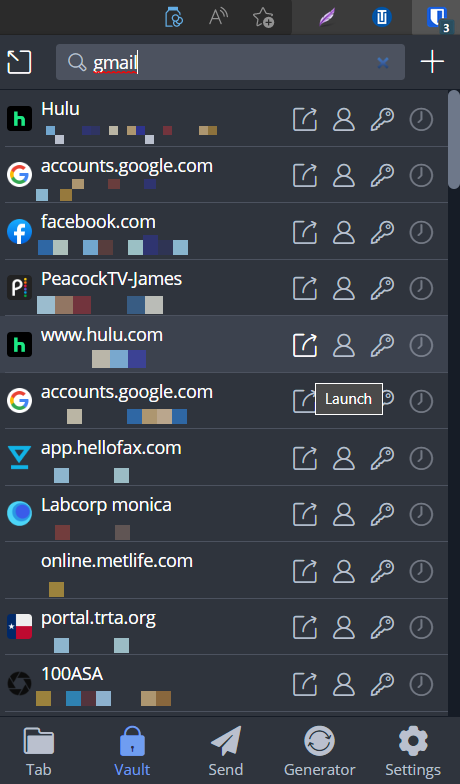


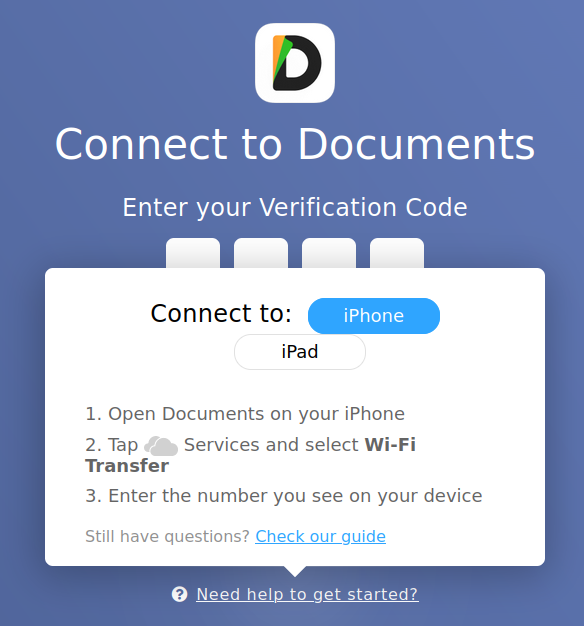
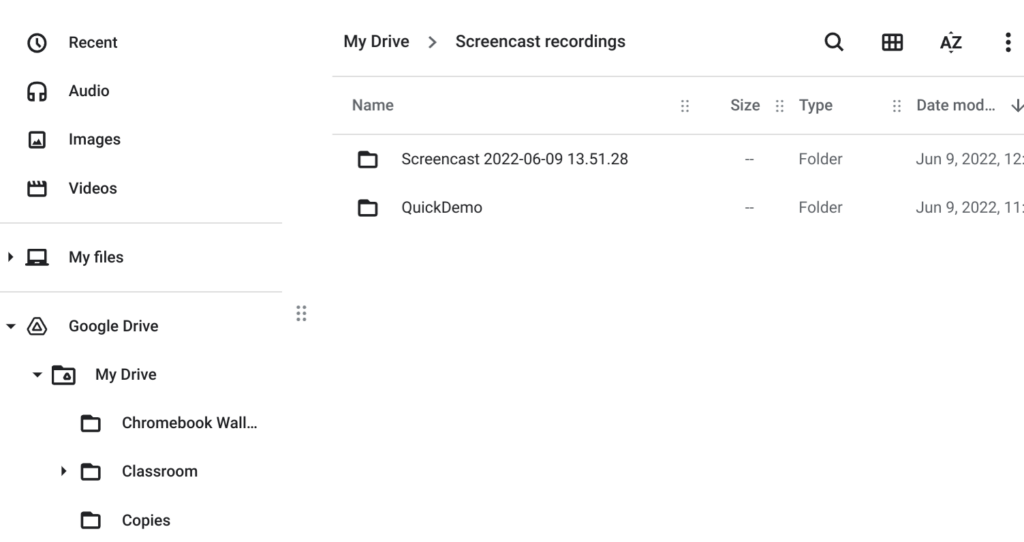
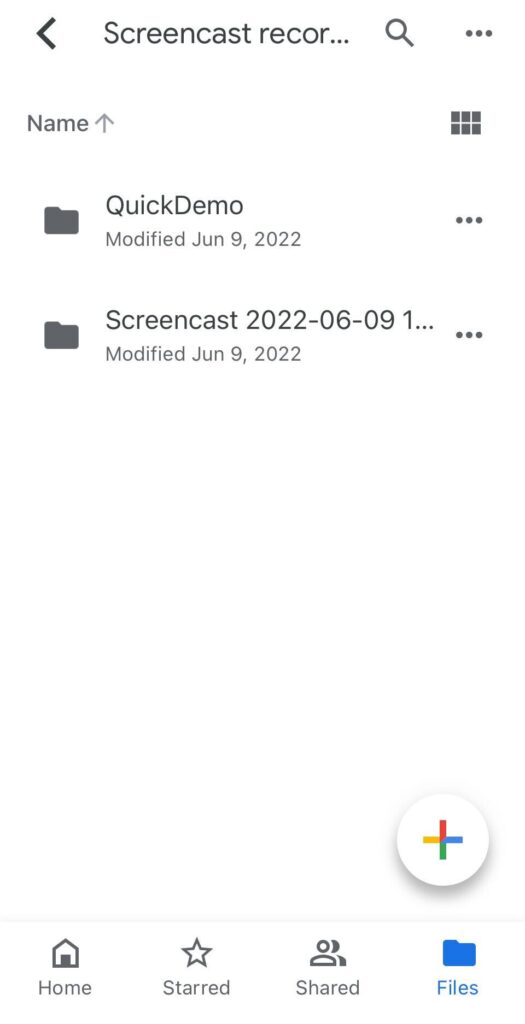
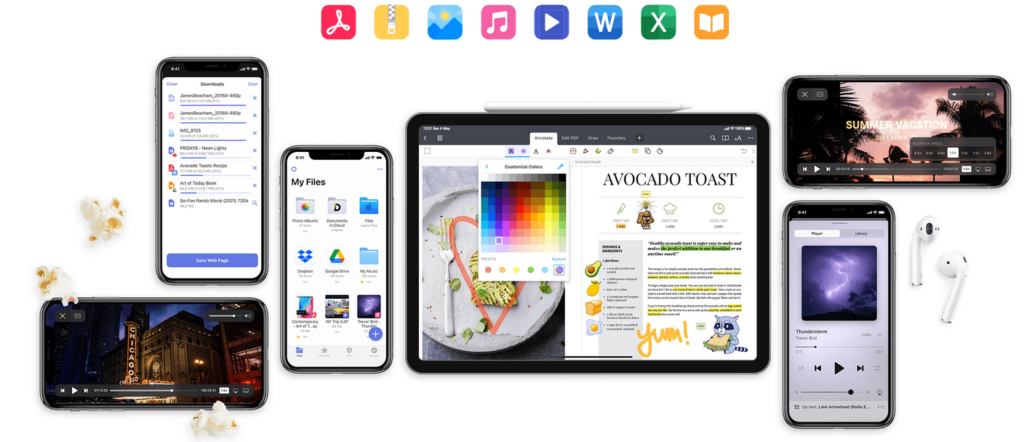
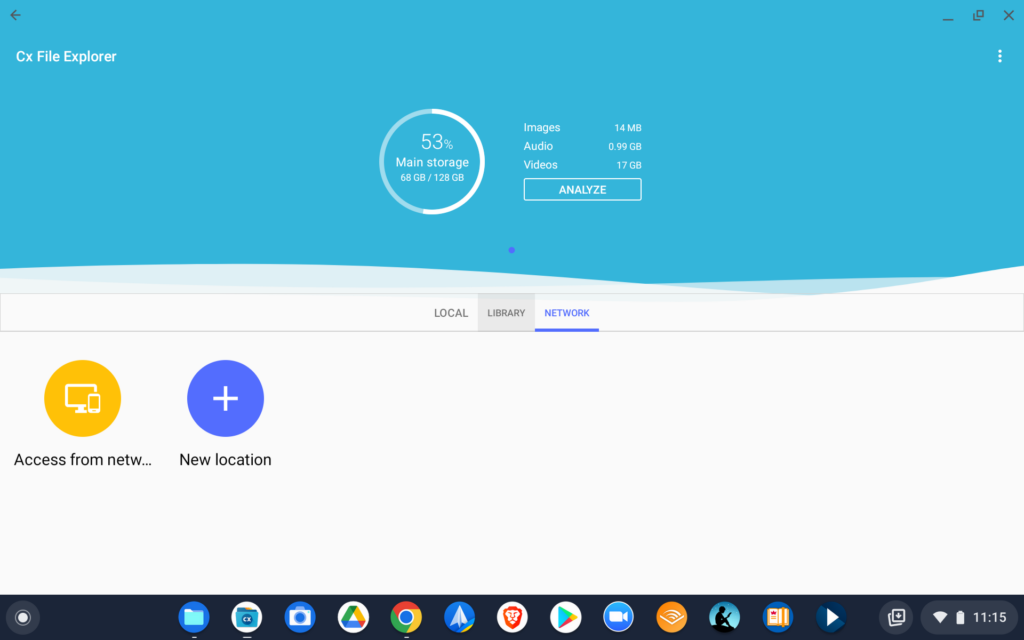
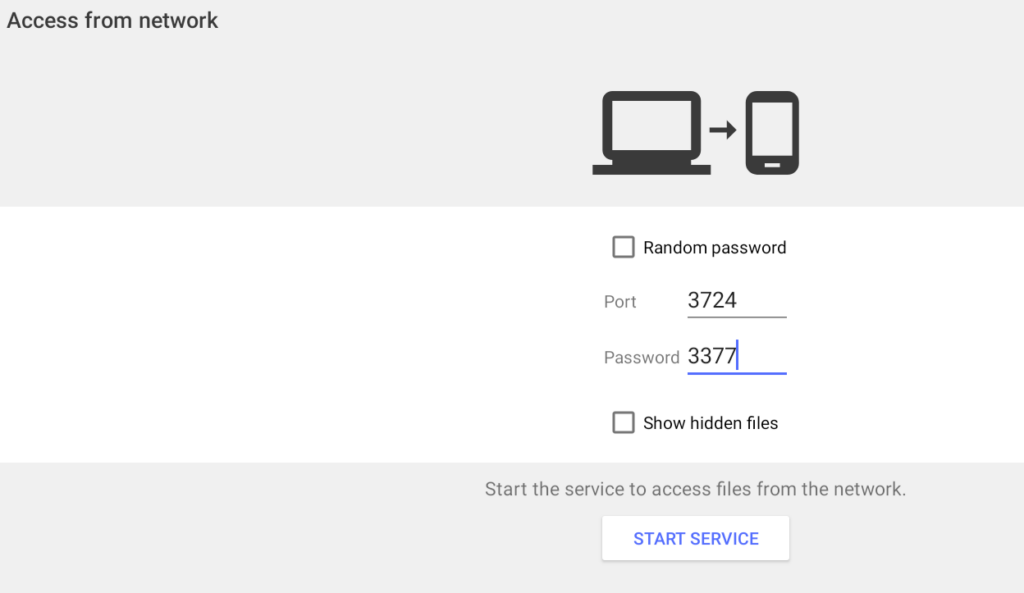
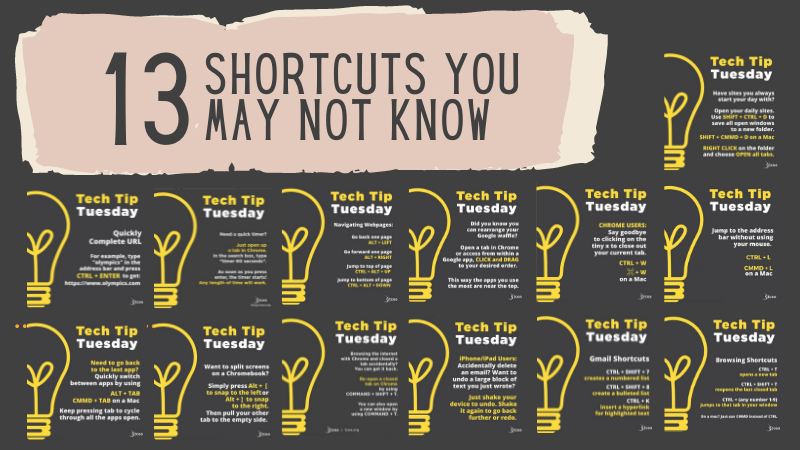
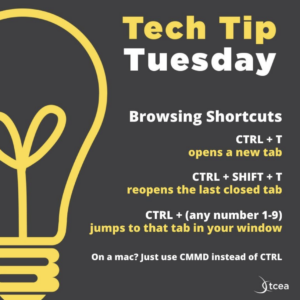
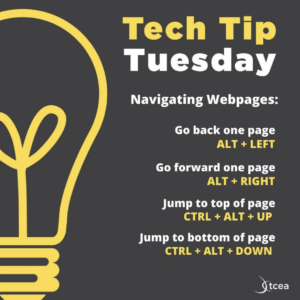

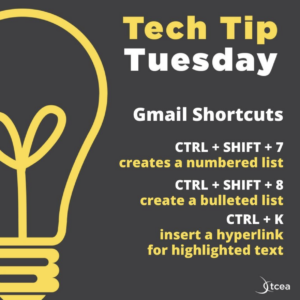
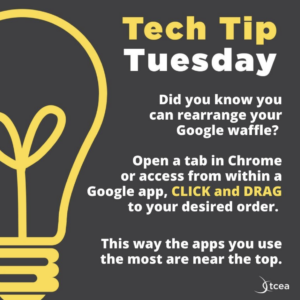
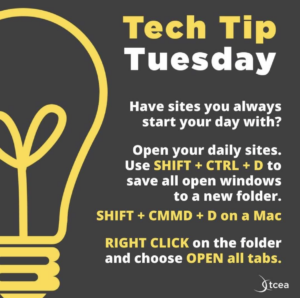
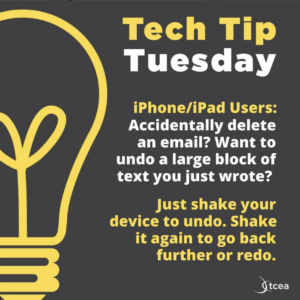
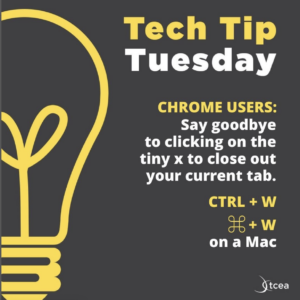
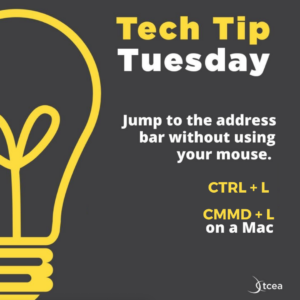
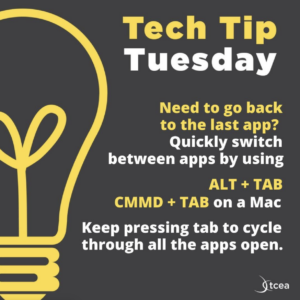
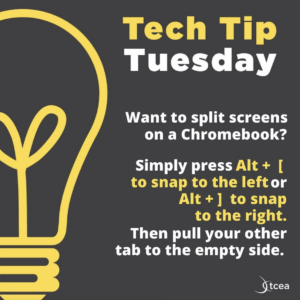
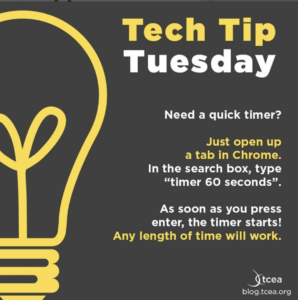
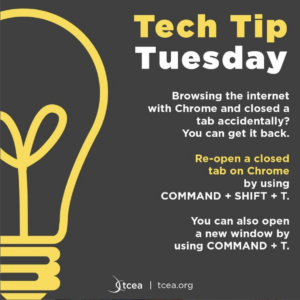
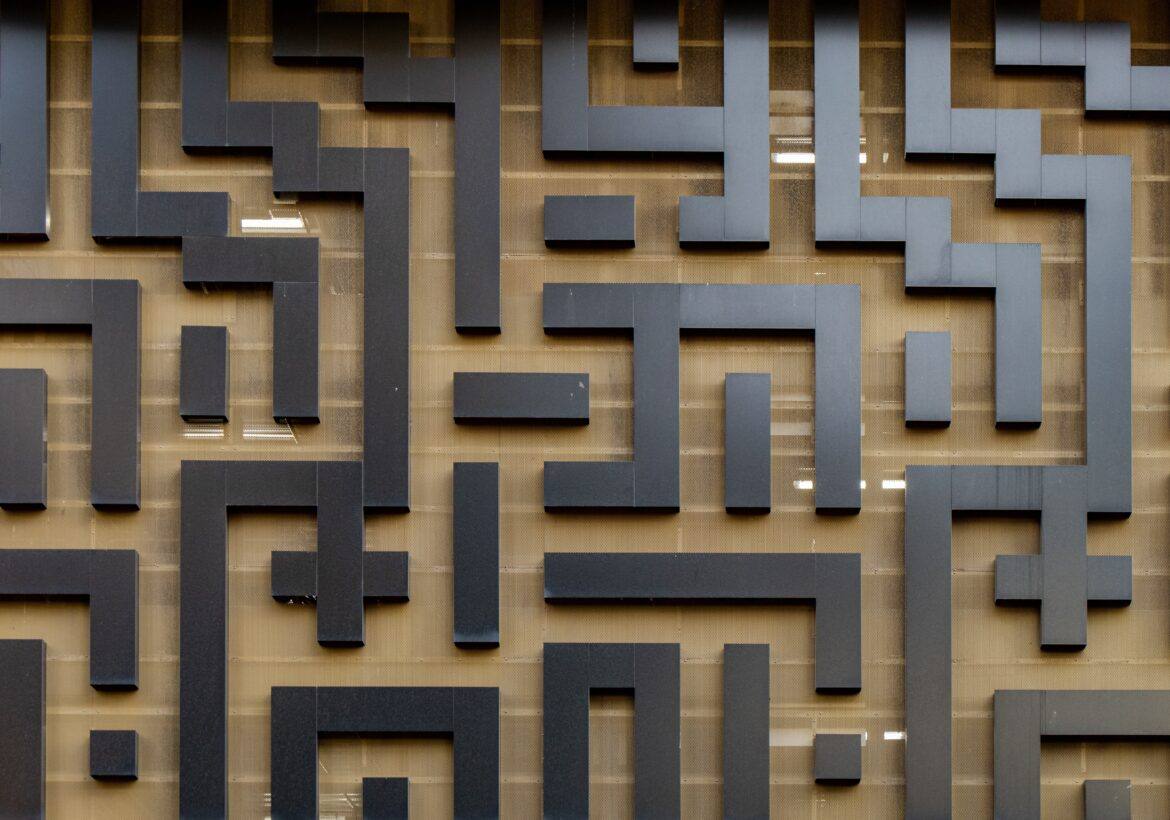
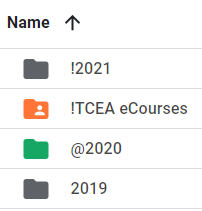
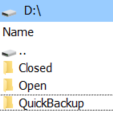
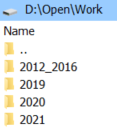
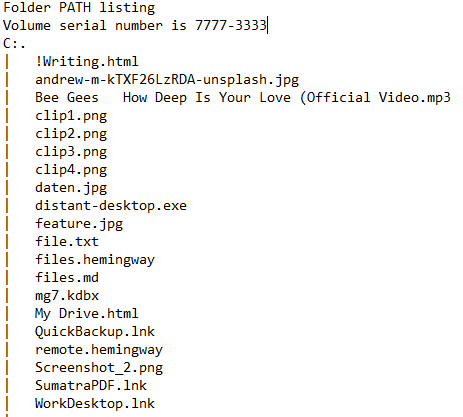
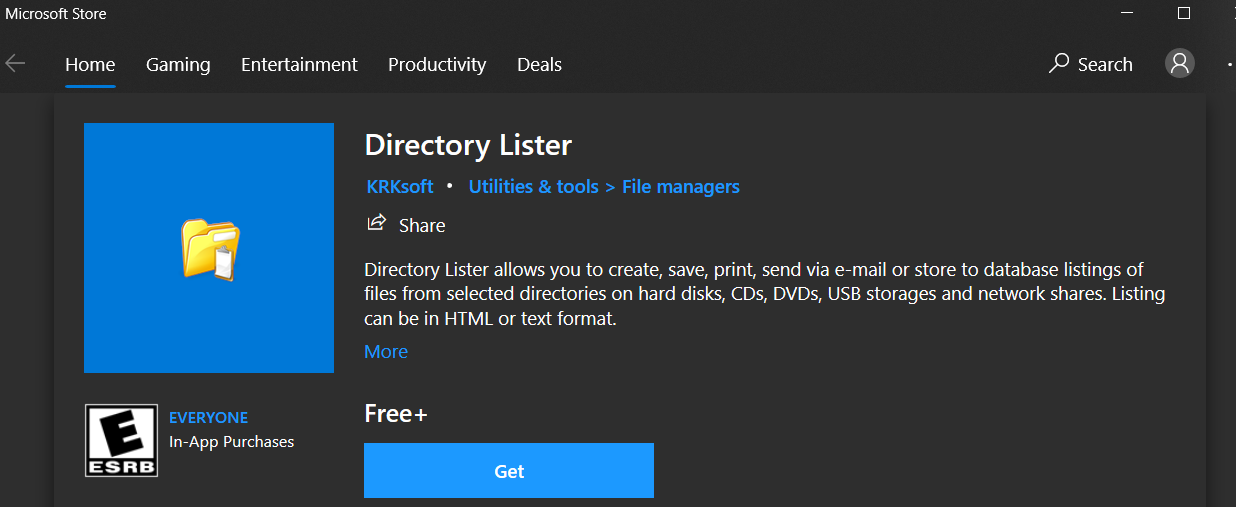
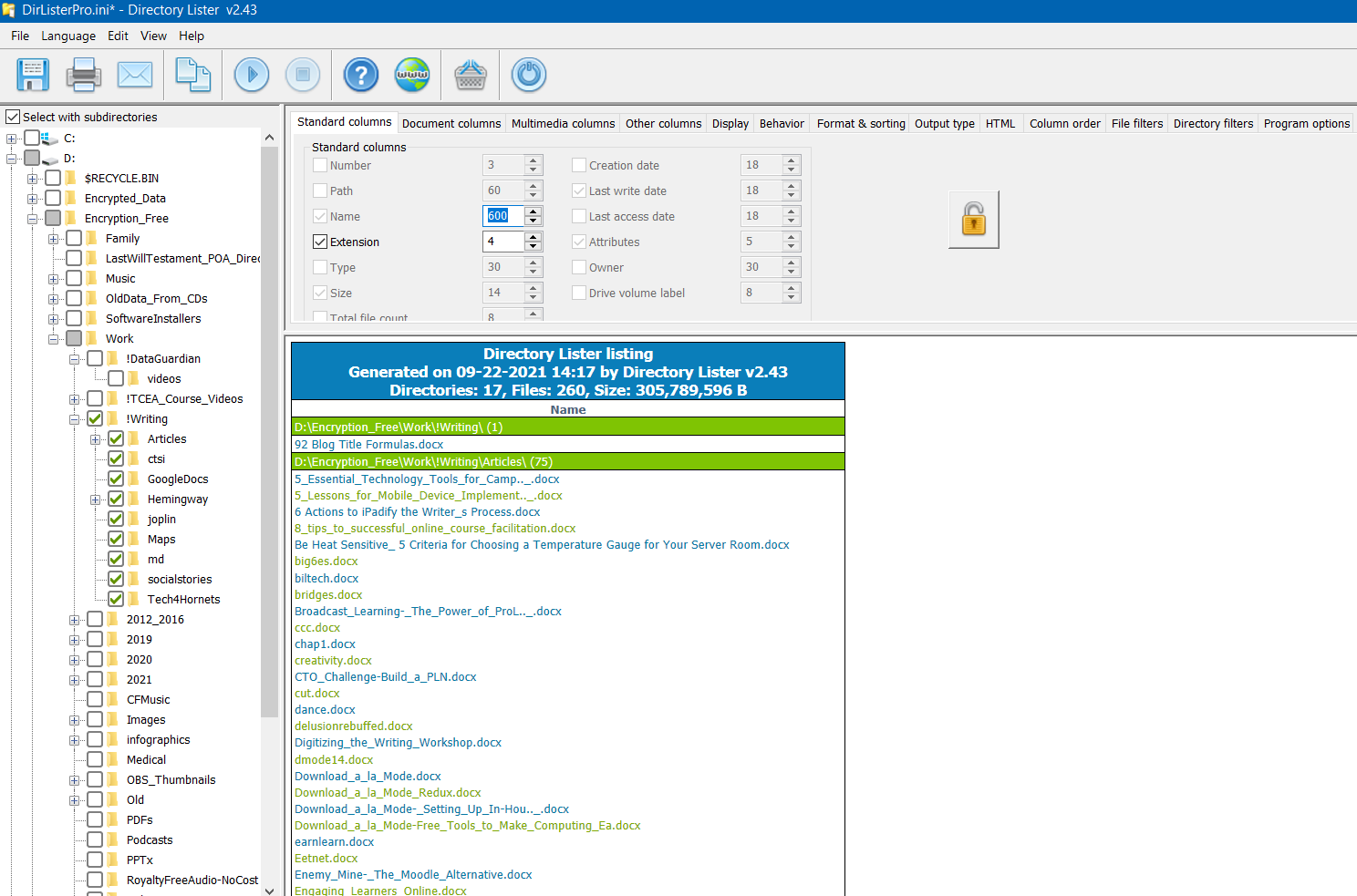
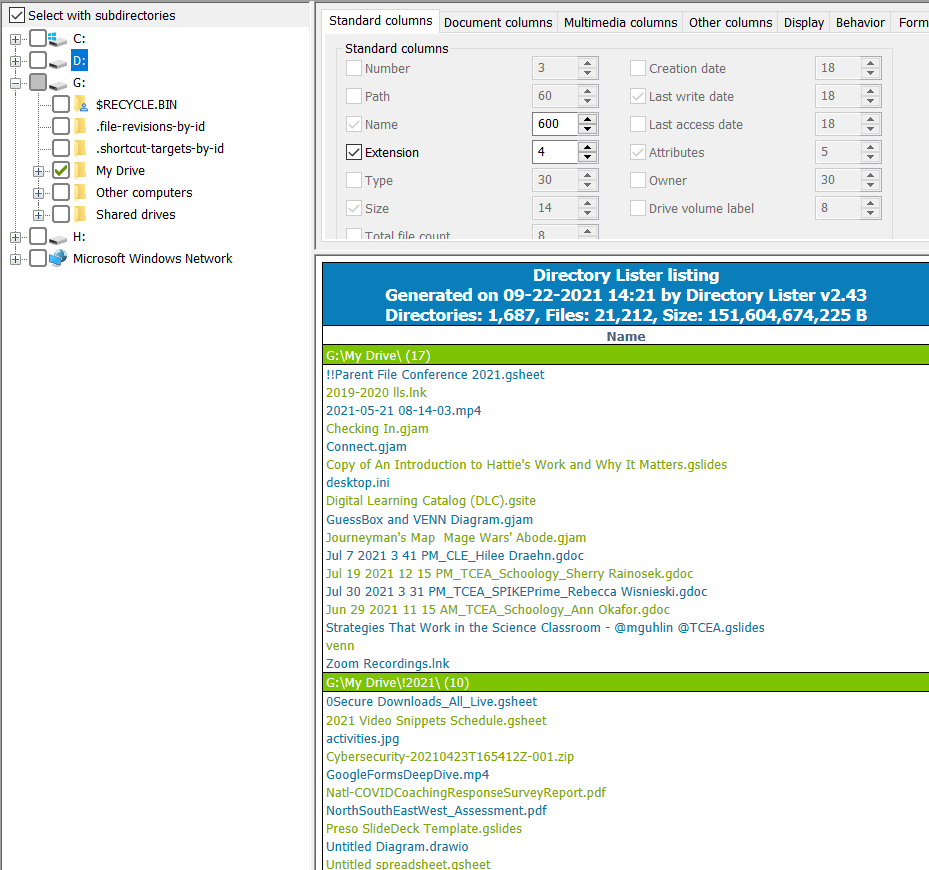

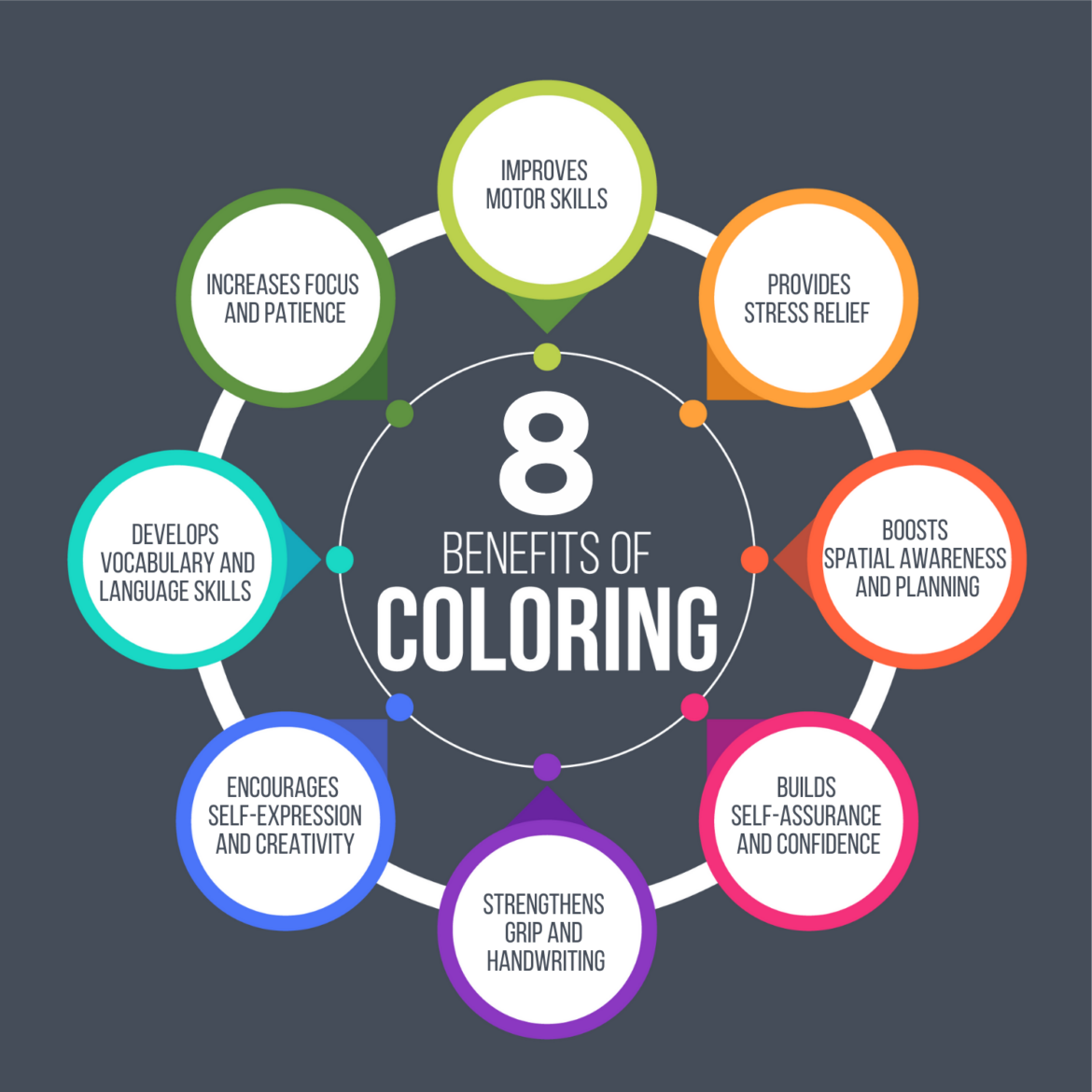



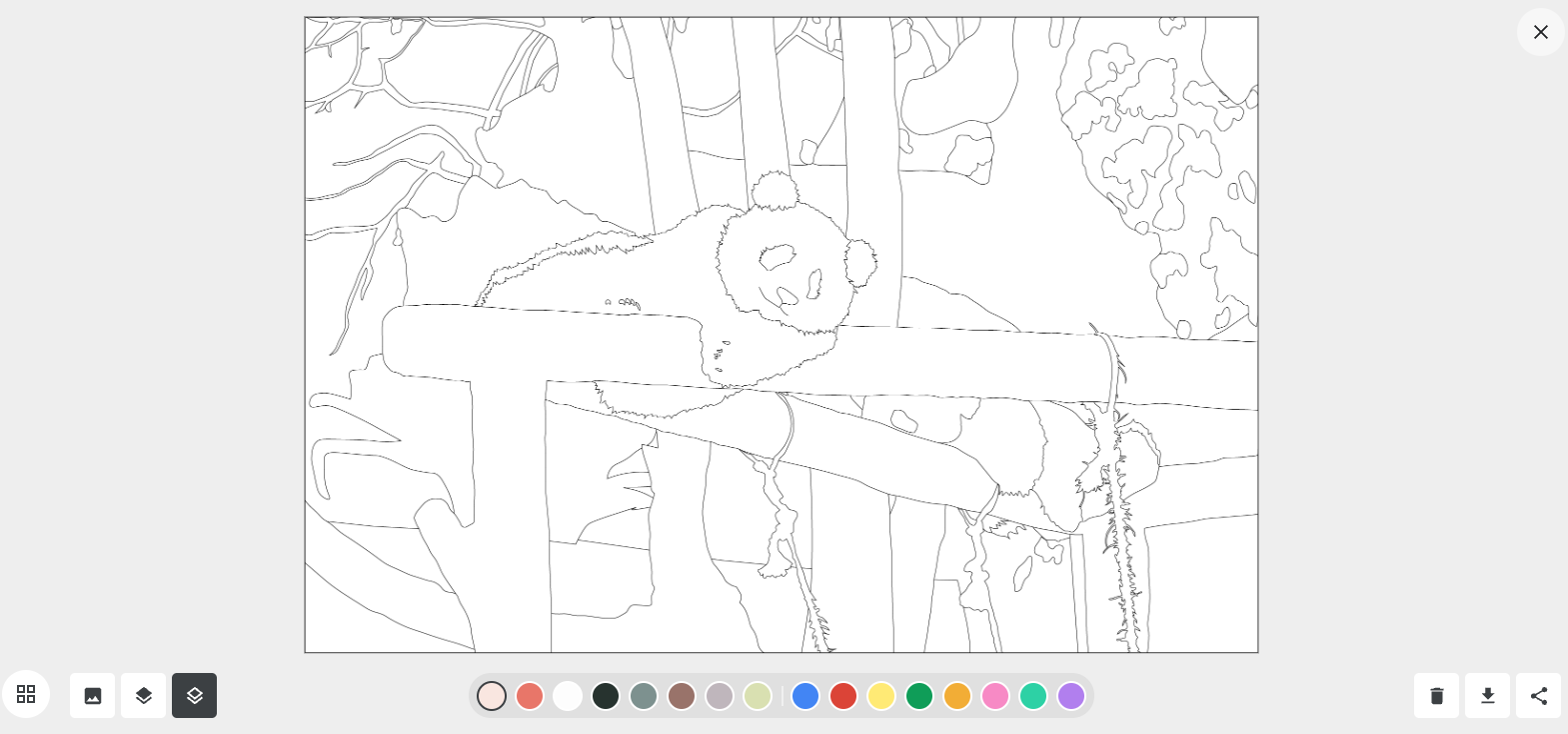




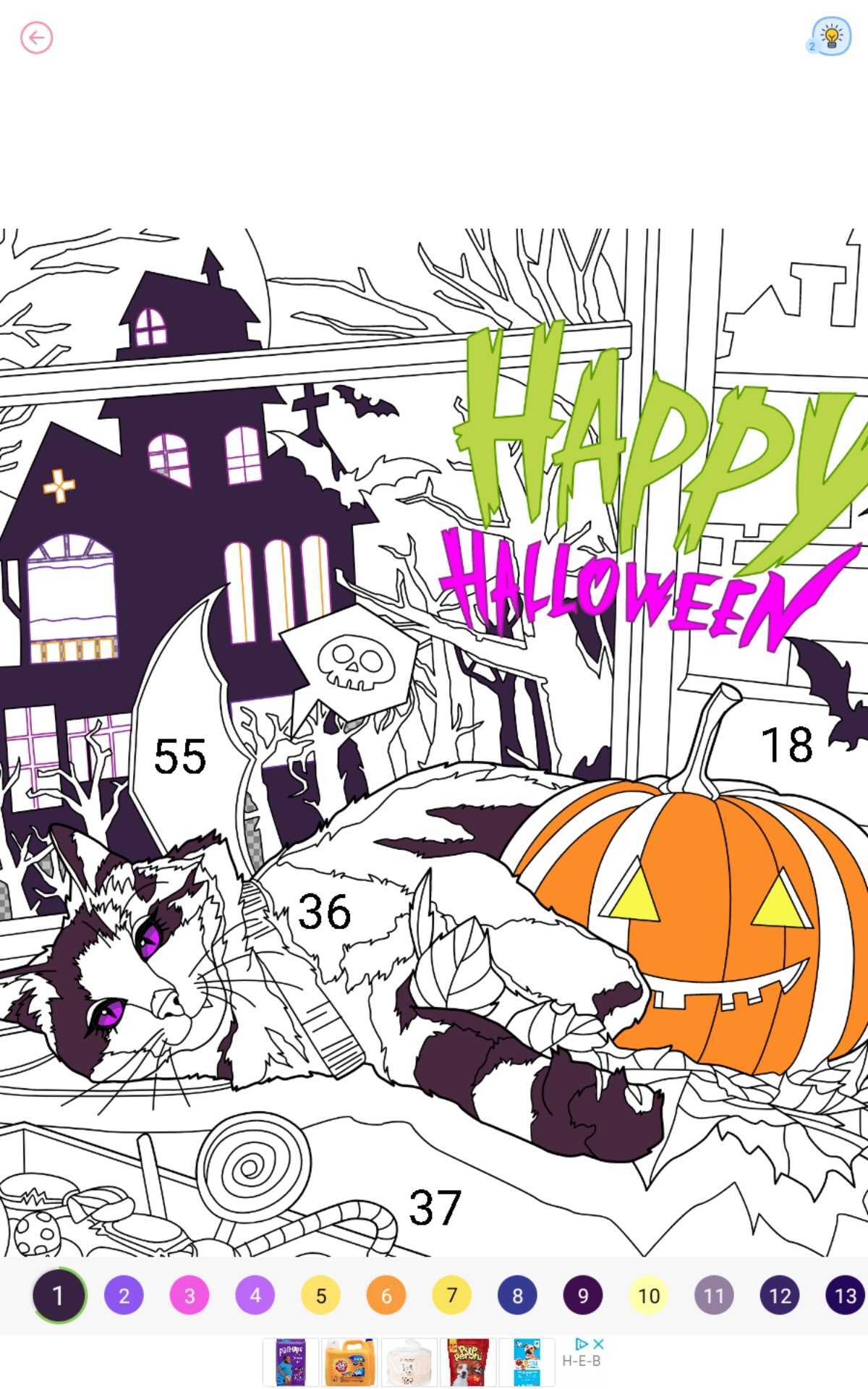 Android Apps in the Google Play Store:
Android Apps in the Google Play Store: